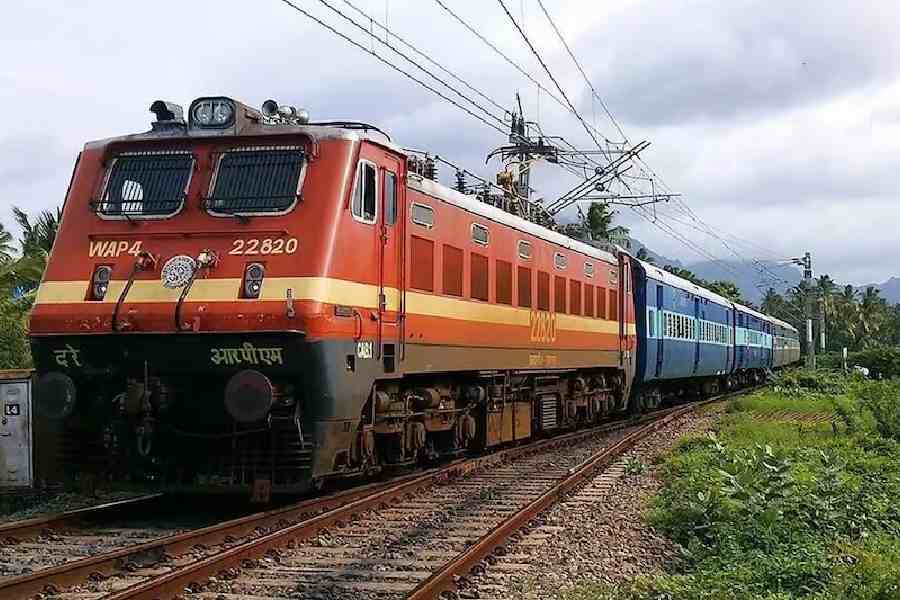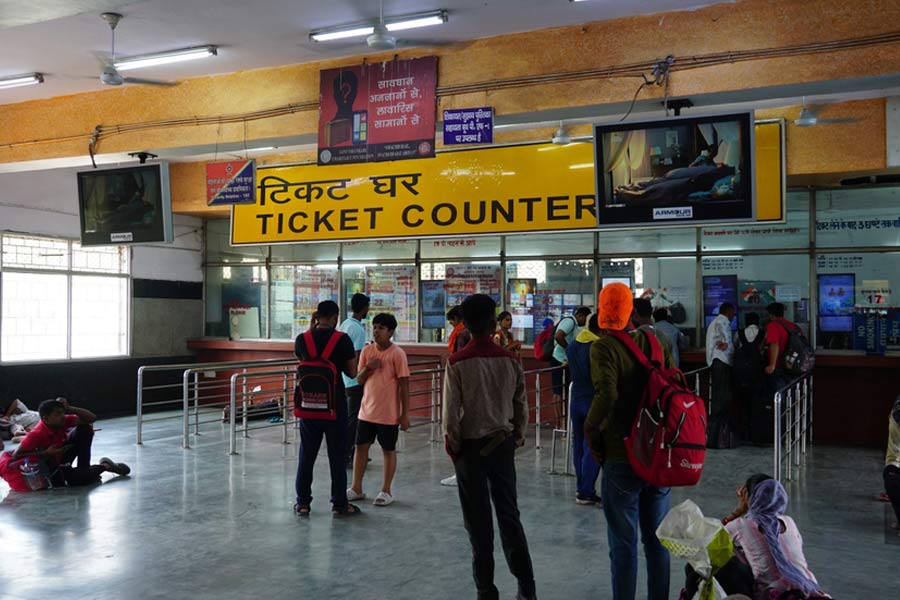The Railway Board reduced the Advance Reservation Period of seats for train journeys from the current 120 days to 60 days, and justified its decision citing high cancellation rates and wastage of berths.
In 2015, the board had decided to increase the Advance Reservation Period (ARP) from 60 days to 120 days but on Thursday, it took a U-turn on the matter. The new ARP will come into effect from November 1.
“Railway advance reservation period has undergone changes from time to time. Advance Reservation Period has varied from 30 days to 120 days. Based on the experience of various periods, 60 days Advance Reservation Period has been observed as the optimal period from passenger point of view,” a press statement from the board said It also presented a table to show how from April 1981, decisions were changed on several occasions to increase or decrease ARP between 120 days and 30 days on 12 occasions till April 1, 2015.
Highlighting the benefits of the 60-day reservation period, it said that 120 days was too long for planning, resulting in high cancellations and wastage of seats/berths because of passengers not turning up for journeys.
According to the board, currently, there is about 21 per cent cancellation and 4-5 per cent passengers not turning up for the train journey.
“In many cases, it is seen that passengers do not cancel their tickets and do not turn up for journeys. And this leads to frauds such as impersonation, railway officials taking money illegally etc. Now, this can be prevented,” the press note said.
It added, “With longer periods, there was a greater chance of some people blocking the tickets. Shorter periods will encourage more tickets by genuine passengers." The board said that there is no impact on general class tickets as they are purchased just before the journey.
“With better visibility of demand due to lesser cancellations and no-show, railways can plan more special trains well in advance,” it said.
Except for the headline, this story has not been edited by The Telegraph Online staff and has been published from a syndicated feed.











